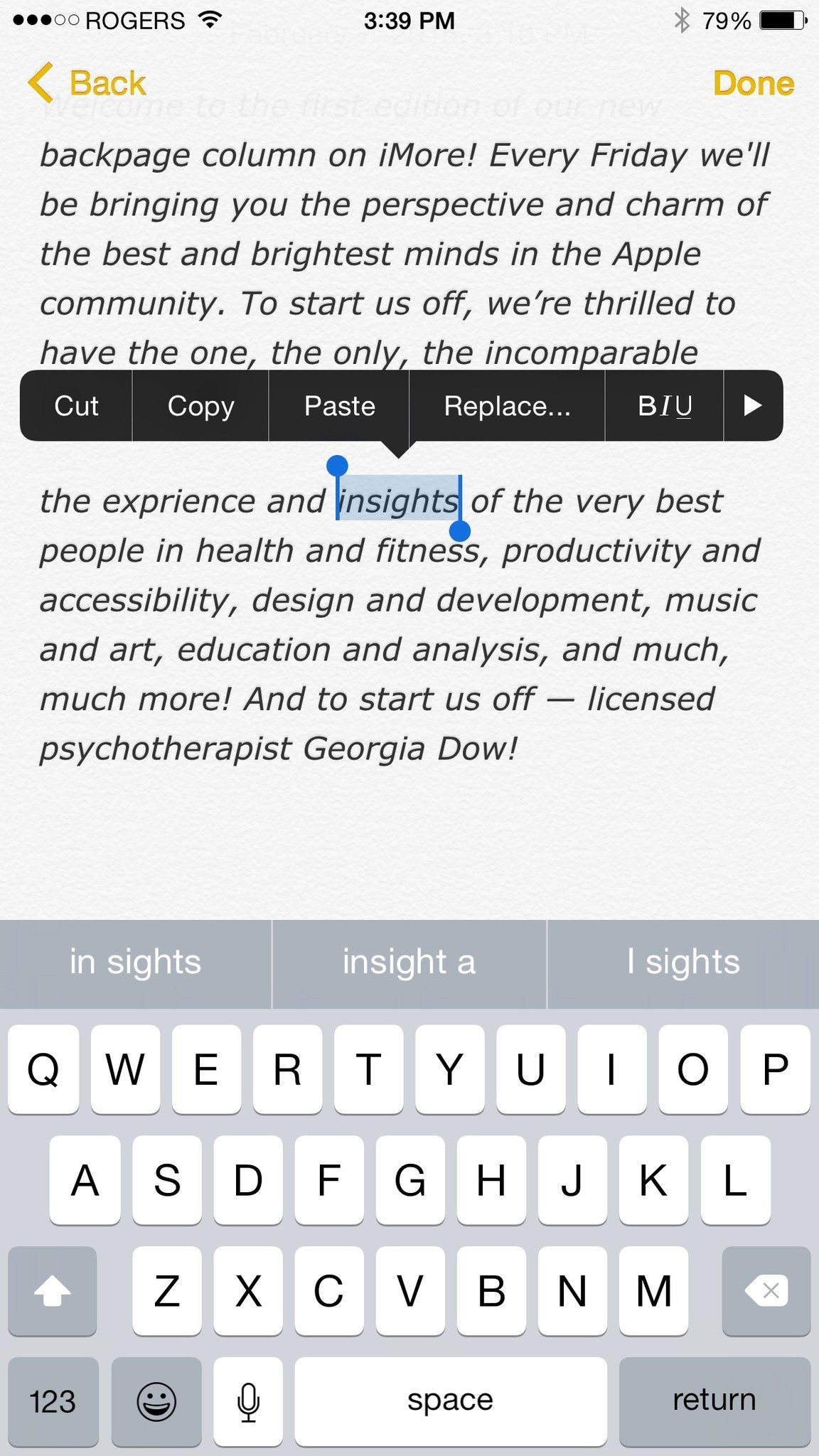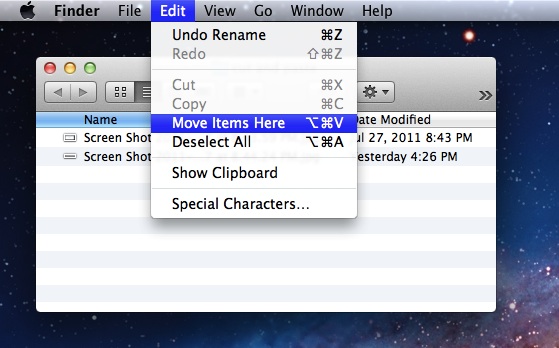

"\UF729" = "moveToBeginningOfLine:" /* Home = "moveToBeginningOfDocument:" /* Cmd + Home */ Regular Mac keyboards don't even have the Insert key, but provide 'Fn' instead, NOTE: typically the Windows 'Insert' key is mapped to what Macs call 'Help'. This applies to OS X 10.5 and possibly other versions. This key mapping is more appropriate after switching Ctrl for Command in this menu:Īpple->System Preferences->Keyboard & Mouse->Keyboard->Modifier Keys.-> That you have also switched the Control and Command keys already.

Match default behavior on Windows systems. This file remaps the key bindings of a single user on Mac OS X 10.5 to more closely The code to paste into ~/Library/KeyBindings/DefaultKeyBinding.dict file is this one: /* ~/Library/KeyBindings/DefaultKeyBinding.Dict
Before these changes take effect, you need to log out and then log back in. txt extension, tell TextEdit to instead use. Warning: TextEdit will sometimes try to "help" you by appending a. Uncheck If no extension is provided, use ".txt" checkbox at the bottom of the Save As: dialog, read the warning below and then click Save. The filename (at the top, in the Save As: field). If not, then double-click on Library folder first to select it, then on the New Folder button, name the new folder KeyBindings (with no  If you see a KeyBindings folder then double-click on it. If you don't see the Library folder, then press Cmd+Shift+G (or Ctrl+Shift+G) and in the Go to the folder: dialog type ~/Library and press Go button. In the Save As dialog box, navigate to your home directory (look under PLACES on the left side for a house In TextEdit, convert this to plain text (the default is rich text) by selecting Format->Make Plain Text. Select the text within the window below, copy it, and then paste it into your new TextEdit window. If TextEdit was already open, create a new document using File->New. Open TextEdit under the Applications folder. The solution described is here, as well as remapping Home and End keys to be more Windows-like, e.g.
If you see a KeyBindings folder then double-click on it. If you don't see the Library folder, then press Cmd+Shift+G (or Ctrl+Shift+G) and in the Go to the folder: dialog type ~/Library and press Go button. In the Save As dialog box, navigate to your home directory (look under PLACES on the left side for a house In TextEdit, convert this to plain text (the default is rich text) by selecting Format->Make Plain Text. Select the text within the window below, copy it, and then paste it into your new TextEdit window. If TextEdit was already open, create a new document using File->New. Open TextEdit under the Applications folder. The solution described is here, as well as remapping Home and End keys to be more Windows-like, e.g.







 0 kommentar(er)
0 kommentar(er)
